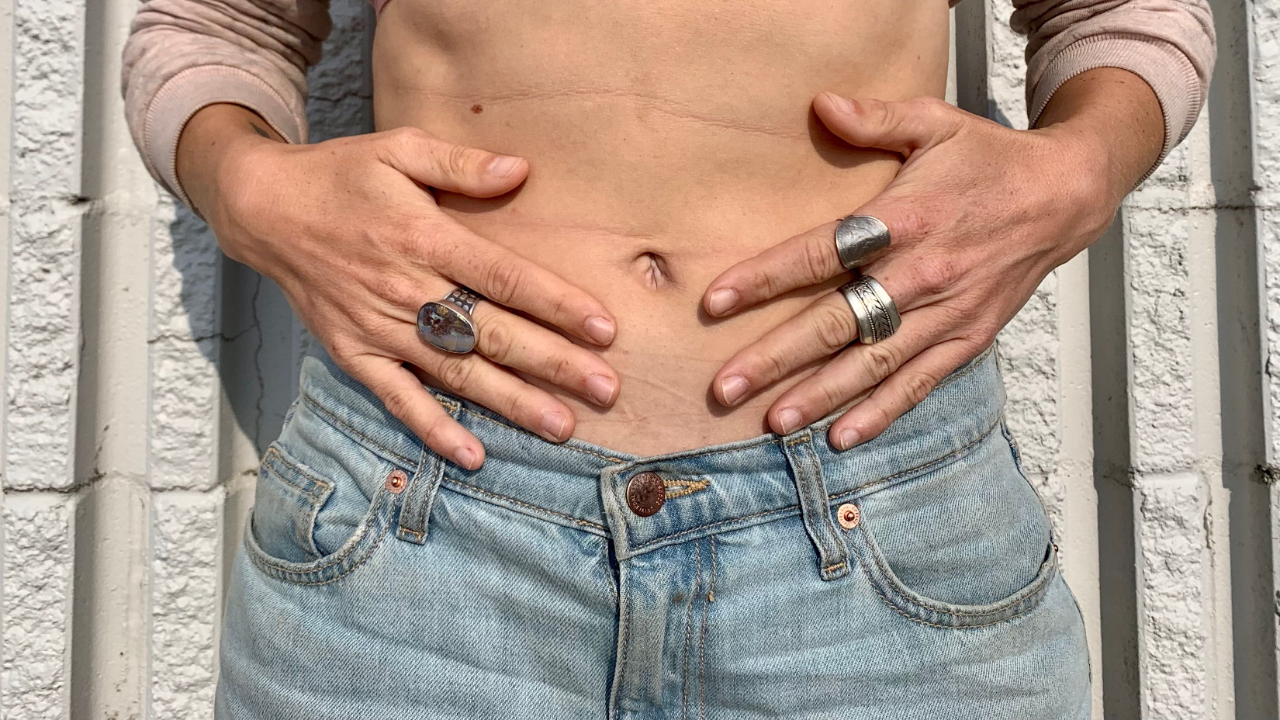How to Rewild Your Microbiome

I'm sure you've heard it before, "Feed your microbiome. Improve your gut health. Take a probiotic to add good bacteria. Keep your flora fauna happy." And the reality is it's true. We are a culture loosing the battle to keep our gut health in balance. But what actually is the microbiome and why is it important? Let's first define a few things.
What is the microbiome?
The microbiome is an organ and microbiota are the cells within the environment. They are essential to other organ functions including the liver, lungs, intestines, brain, heart and kidneys. The "gut" refers to the microbiome in your digestive track and is most referenced in western medicine. It's been discovered that the human body has more bacteria than cells in the body. Dysbiosis is where the balance of microbe diversity falls short along with the loss of good bacteria in the body and will lead to inflammation and disease.
Why is the microbiome important?
It controls essential body functions! Without it, there is no you.
Overall, it is a massively complex system but here are a two ways it works.
There is a gut-brain access that directly influences your mood and behavior that can show up as anxiety, depression and stress. Your brain and gut are connected by the vagus nerve, which is the main nerve of your parasympathetic nervous system, and controls involuntary functions like your heart rate, digestion and and immune system.
There is also a systemic access. The microbiome communicates tasks to many other organs in the body to operate their functions. In a healthy body, there are microbiota in the lungs, skin, sexual organs, mouth, colon, stomach and nose.
What are symptoms of an unhealthy microbiome?
Since the microbiome is connected to all bodily functions, the list is surprisingly long and diverse. Autoimmune including like type 1 diabetes, celiac, thyroid, arthritis, crohns and lupus. Digestive issues including IBS, constipation, gas, bloat, heartburn, acid reflux and loose stools. And even includes symptoms like headaches/migraines, poor sleep, low grade anxiety, depression, low energy, sinus issues, joint pain, emotional eating, skin issues, allergies, PMS, lack of sex drive and lack of creativity and life's purpose....I know right?! Your gut health is EVERYTHING.
What's a sign of a healthy microbiome?
Good poops! Your bowel movements are a window into your gut health. It's ideal to poop once a day (or twice) to every other day. Anything past 3 days should be a red flag that you are constipated. Sitting on the toilet should be pain free and you shouldn't have to push hard for a banana/sausage length poop that comes out in one and a few passes. It is smooth and firm in texture and medium to dark brown in color. There also shouldn't be a lot of gas and bloating.
4 NATURAL WAYS YOU CAN REWILD YOUR MICROBIOME
Fermented Foods
Include fermented vegetables there are alive with good bacteria and enzymes to build your microbiome. Include foods like kimchi (spiced cabbage) and sauerkraut, kefir (cousin of yogurt), yogurt (organic, whole milk, unsweetened is best), miso and tempeh (both fermented soy bean products), kombucha (purchase ones with little to no added sugar)
Add in Fiber
Think plant based or prebiotic foods that naturally feed the good bacteria in the body and promote complete, daily bowel movements (thumbs up for a good poop!). Did you know not all foods feed the microbiome? Eating whole foods and shopping the perimeter of a grocery store will lead you towards your most ideal food choices.
I still recommend eating organic animal products and meats but lowering your consumption around dinner time and focusing more on lunch time. It will make a huge positive impact on your digestive health. Also, don't be fooled by processed food items they market "more fiber" or higher fiber amounts. Whole foods are always the better choice.
Summer season prebiotic foods that feed microbiota:
Vegetables - Asparagus, olives, leeks, shallots, leafy greens, artichoke, potatoes, garlic and ginger
Fruits - Apples, berries, plantains and grapefruit
Legumes - chickpeas, black and white beans and lentils
Nuts/seeds - coconut, flaxseed, sunflower seed, pistachio and pumpkin seed
Unprocessed whole grains - Oats, barley, rice, quinoa and amaranth
Herbs & Spices - Cilantro, basil, mint, orange peel, vanilla, dill, cardamom and parsley
Get Dirty Outside
The magic pill is vitamin N. Nature. Getting outside and actually getting your feet and hands dirty (bonus points for your whole body) is where you feed your microbiome through your skin and senses. Go for a walk barefoot, garden without gloves, buy organic produce from local farms and resist washing off all the dirt and skinning the vegetables. Interact with soil, manure and compost because they are rich in diverse microbes that our bodies need to thrive. Play with sticks and rocks, hug trees, collect wildflowers and open your windows.
Minimize...
- Added sugar and processed foods - they directly cause inflammation and feed the bad bacteria and don't provide live enzymes will increase digestive issues like bloat, constipation, gas and heartburn
- Antibiotics - only take when absolutely needed
- Cleaning and beauty products with toxic chemicals and synthetic fragrances - remove 3 items in your home this week
Last Note
If can feel overwhelming to make sudden switches in your nutrition, home and behaviors. Don't try to implement everything at once. Change a few that feel very doable and make small adjustments to more daunting ones. Change for adults is challenging so focus on small actions made over time to make an impact you can feel and see in your body, mood and focus.
Cheers to a healthy gut!
Sources:
Feeding your Microbiota Fibre, Prebiotics and Probiotics

